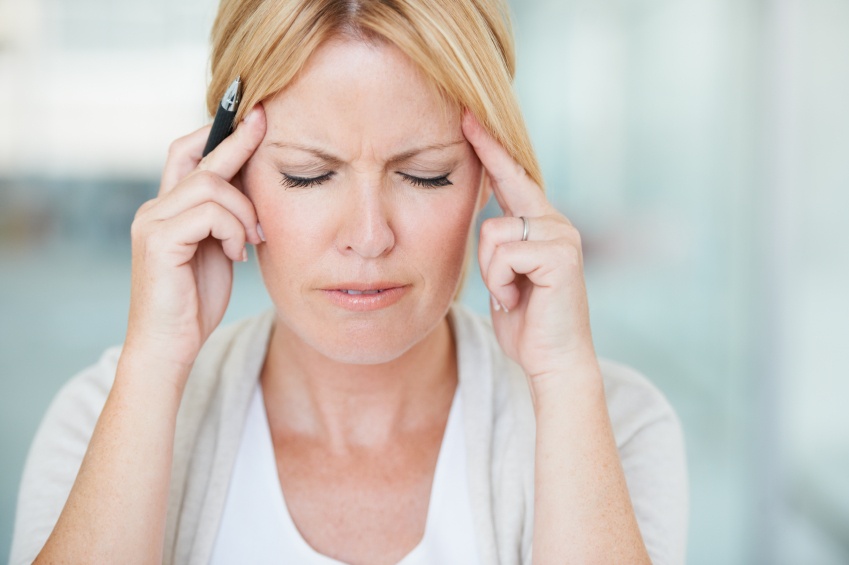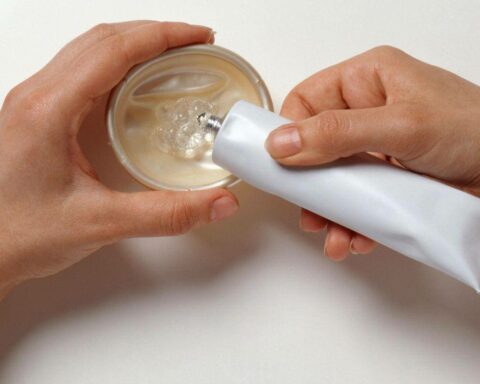Painful sex after menopause is more common than most of us would realize. According to The North American Menopause Society,17% to 45 % of women experience painful sex after menopause. Now, you might wonder, “what is the cause of painful sex after menopause?”. In case you didn’t know, during menopause, the levels of estrogen hormone fall. With low estrogen hormone levels, a woman cannot sufficiently produce natural lubrication. Low estrogen levels also cause vaginal thinning. The sad news is that vaginal dryness and thinning may persist after menopause, making women experience pain during sex.
How Can Someone Deal with It?
The first step in dealing with vaginal dryness is discussing the condition with your partner. This can help them focus on things that make you feel good when you get intimate. Also, do not skip foreplay. When you warm up properly, you are more likely to wet down there.
When Should You Seek Medical Attention?
You may want to seek medical attention if pain or discomfort during sex does not get better with time or worsens.
Are There Any Natural or Over-The-Counter Remedies That Can Help?
Over-the-counter nonprescription products and natural remedies that can combat vaginal dryness include;
- Vaginal lubricants
- Vaginal moisturizers
- Drinking a lot of water
- Reducing caffeine and alcohol intake
- Taking more Vitamin E, vitamin A, beta carotene, B vitamins, and omega-3 fatty acids
Anything Else Women Should Know About Painful Sex After Menopause?
Painful sex after menopause is way too common. However, it is not supposed to take down your sexual life. With tons of safe and effective treatments out there, you can continue enjoying sex long after your last period.
Is There Anything They Can Do to Prevent It?
Checkout with a healthcare provider if the aforementioned over-the-counter nonprescription products and natural remedies fail. The healthcare provider can recommend safe and effective over-the-counter prescription products, including vaginal estrogen cream, tablet or ring, Ospemifene (Osphena), and Dehydroepiandrosterone (DHEA).









